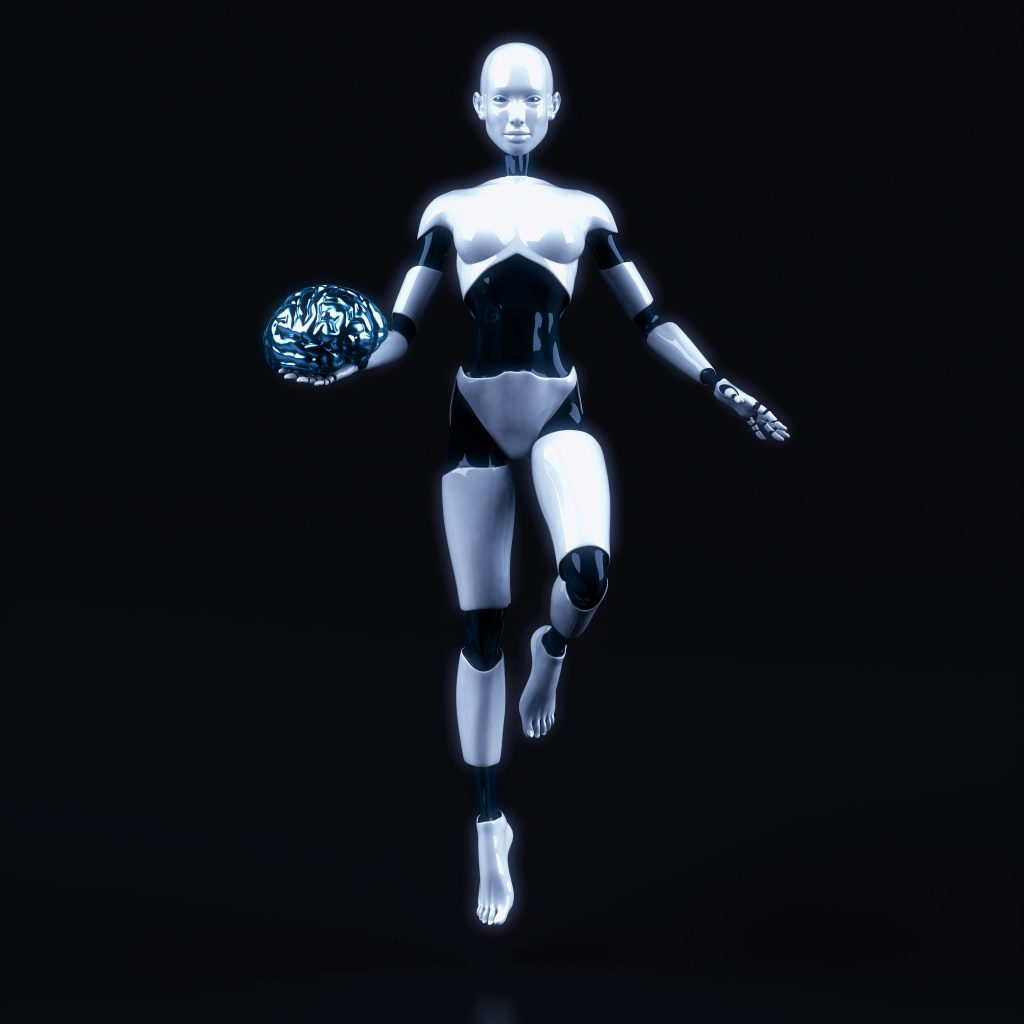Artificial intelligence (AI) is rapidly changing the world around us, impacting everything from how we shop to how we receive medical care. But can AI replace the role of a lawyer in personal injury claims? 🤔
While AI has the potential to automate certain tasks in the legal field, there are several reasons why it cannot fully replace lawyers, especially when it comes to personal injury claims:
1. The Human Element in Legal Matters
Legal cases often involve nuanced situations, ethical considerations, and human emotions that AI may not fully grasp. AI may struggle to interpret complex legal language, apply laws to specific cases, and provide tailored legal advice. In contrast, lawyers can exercise judgment in unpredictable scenarios and offer a human touch that AI cannot replicate.
2. The Importance of Empathy and Trust
Lawyers provide not only legal expertise but also emotional support and understanding to clients facing difficult situations. They build trust, exercise judgment in unpredictable scenarios, and offer a human touch that AI cannot replicate.
3. Ethical Concerns and Accountability
AI raises ethical questions about accountability, bias, and potential errors. Who is responsible if AI provides incorrect legal advice or makes a wrong decision? How can we ensure AI systems are free from bias and treat all individuals fairly?
4. Keeping Up with the Law
Laws and legal practices are constantly evolving. AI systems need continuous updates and training to stay current, which can be complex and resource-intensive. Lawyers, on the other hand, are trained to adapt to changes in the law and apply them effectively to their clients’ cases.
5. The Power of Human Connection
Legal work often involves negotiation, persuasion, and building relationships with clients, opposing counsel, and judges. These interpersonal skills are crucial for achieving favorable outcomes and are difficult for AI to master.
AI as a Tool, Not a Replacement
While AI can assist lawyers with tasks like legal research, document review, and contract analysis, it cannot replace the core functions of a lawyer: providing sound legal advice, advocating for clients, and upholding ethical standards.
The human element remains essential in the legal profession, especially when dealing with personal injury claims that involve sensitive situations and require empathy, trust, and human judgment. Sources and related content



